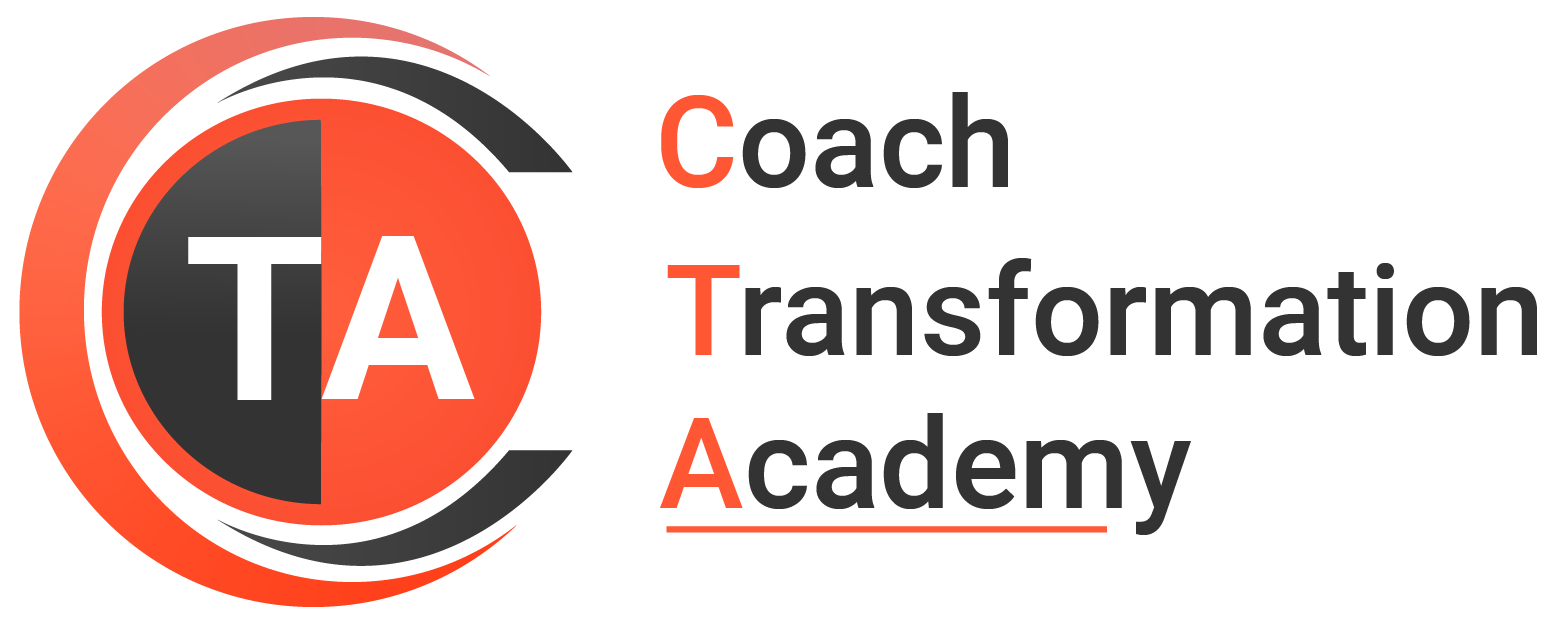Before we get into the details of professional coaching certification, let’s give you a quick glimpse of the coaching industry through some latest facts and figures. Why? The stats will help you understand the importance of coaching as a career path and profession.
- As of April 2020, there are more than 6,280,000 coaches to be found online. According to ICF, there are 712,000 certified coaches across 161 countries.
- Out of the total number of coaches worldwide, 42% operate from the USA, as per many international organizations.
- Coaching has become the second-fastest growing industry in America.
- The market size of business coaching in the USA in 2021 is $10.9 billion.
- The coaching industry is expected to reach a market share of $20 billion by the end of 2022.
However, what is professional coaching certification? Why does one need that to be a professional coach? Let’s dig deeper by exploring what professional coaching is.
What is Professional Coaching?
The International Coaching Federation (ICF) defines professional coaching as:
“It is when the coach partners with the client in a creative and thought-provoking practice/process, inspiring and motivating them to maximize their potential, both personal and professional.”
For instance, if you are a business or executive coach, you will work with managers and employees in an organization, assisting them in skills development, communication enhancement, and performance improvement. In every other niche of coaching, the coach and the client form a cohesive bond towards specific objective fulfillment (personal and professional). Professional coaching can be one-to-one and in groups.
What makes Professional Coaching different from Coaching?
Many coaches are out there without any proper training or recognized certification. However, it is highly recommended that you get a professional certificate because it adds more credibility to your profile as a coach and attests to your expertise.
A professional coach must have a certificate from known coaching bodies like ICF, EMCC, AC, or CCE. These bodies are professional coaching credential providers and widely accepted for their rigorous credential process.
When pursuing a career in coaching, you first need to complete the training hours followed by minimum practice hours to get certified. Post-certification, you can start practicing with clients. After completing the necessary practice hours, you can apply for credentials from any of these organizations.
Professional coaching is neither training nor therapy. A coach will not give suggestions to the client to fix their personal or professional problems. Rather will motivate the client to realize those issues and find solutions without depending on the coach or others.
That’s the reason why experts stress getting a professional coaching certification. You receive the certificate upon completing the training, helping you coach professionally.
Conclusion
You can start by looking for coaching education providers. Keeping that in mind, we would highly recommend Coach Transformation, especially if you are inclining towards the option of both online and offline modes of training. As a global coach training institute, Coach Transformation offers training worldwide with flexible online classes covering ICF-accredited courses. Follow the link for all relevant details about professional coaching certification.







